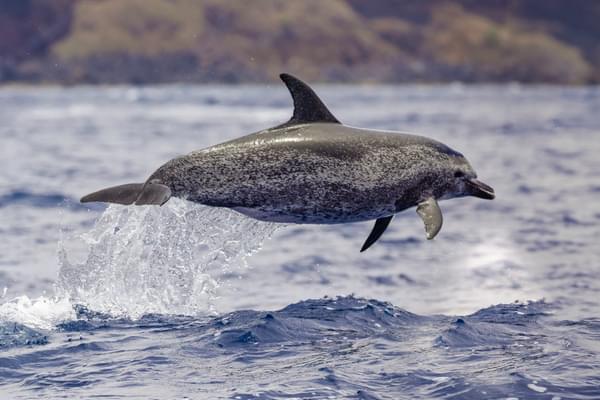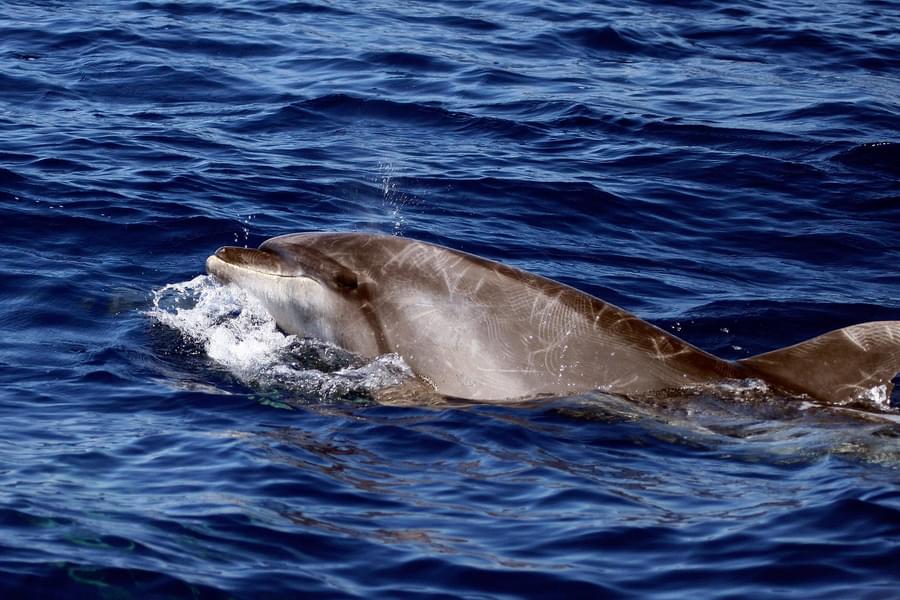Microplastics, tiny plastic particles, are a global environmental issue affecting both humans and wildlife. These particles can cause health problems such as oxidative stress and inflammation when ingested or inhaled. While ingestion through contaminated food is a well-known exposure pathway for both humans and animals, inhaling microplastics is also considered harmful and is an emerging area of concern for human health.
An alarming new study, published in PLOS ONE, has found that just like humans, dolphins are not only swallowing microplastics but also inhaling them. This is causing additional concerns about the impact on their lungs and related side-effects, such as lung inflammation and respiratory issues as well as cell damage.
Researchers from the College of Charleston collected air samples in the form of exhaled breath from wild bottlenose dolphins in Sarasota Bay, Florida (an urban estuary), and Barataria Bay, Louisiana, a rural site. All 11 dolphins involved in the study were found to have breathed out at least one microplastic particle.
“We found that many of the plastics the dolphins were breathing in were made of polyester, which is one of the most common polymers used to make the clothing we wear,” the researchers said. “Particles are constantly shed from our polyester clothing every time we wear them and especially when the clothes are washed.”
Dolphins, with their large lung capacities and deep breaths, may be more vulnerable to microplastics, the scientists warned. “We are concerned by what we are seeing because dolphins have a large lung capacity and take really deep breaths, so we are worried about what these plastics could be doing to their lungs,” the researchers said.
The inhalation of microplastics is becoming fast-recognised as an under-studied and emerging area for human health but there have been few studies about the impact on wildlife.
The College of Charleston researchers said they would focus their next research project on the specific health harms that microplastics could be causing in dolphins.

ORCA's work to protect whales and dolphins has never been more important and to help safeguard these amazing animals for the future we need your help. Please support our work by donating at www.orca.org.uk/donate to help us create oceans alive with whales and dolphins

